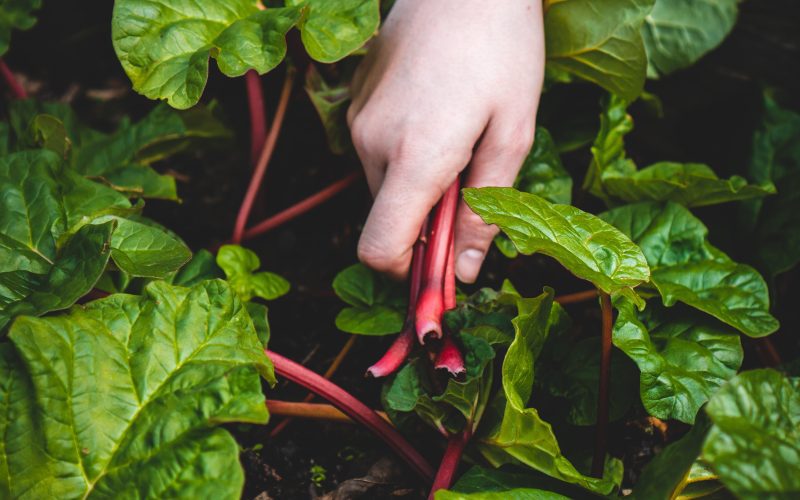Introduction: Gardening can be a rewarding and fulfilling hobby, but it can also be frustrating when plants don’t thrive. One of the main reasons for poor plant growth is soil quality. Many gardeners focus on the plant’s above-ground needs and overlook the importance of the soil below. In this article, we will explore why understanding soil is the key to successful gardening.
The Role of Soil: Soil is a living, breathing ecosystem that is often overlooked by gardeners. It provides essential nutrients, air, and water to plants. The texture of soil also affects drainage and aeration, which are crucial for root development. Understanding the properties of soil is crucial for gardeners to create an environment that is conducive to plant growth.
Soil Types: There are several different soil types, each with unique characteristics. Sandy soil, for example, drains quickly but does not retain moisture, while clay soil holds water but can be slow to drain. Loamy soil is a balance of sand, silt, and clay and is considered ideal for gardening. Understanding your soil type is the first step to creating a successful garden.
Soil pH: Soil pH is another crucial factor in plant growth. Different plants thrive in different pH levels, so it is essential to test your soil and adjust the pH accordingly. Most plants prefer a slightly acidic soil, with a pH range of 6.0 to 7.0. Adding organic matter, such as compost or peat moss, can help balance the pH levels.
Improving Soil Quality: Improving soil quality is essential for successful gardening. Adding organic matter, such as compost, manure, or leaves, can increase soil fertility and improve soil texture. It can also increase soil biodiversity, which can help control pests and diseases. Regular soil testing can help gardeners understand what their soil needs and how to improve it.
Conclusion: Understanding soil is the key to successful gardening. Soil provides essential nutrients, air, and water to plants, and its texture affects drainage and aeration. Gardeners must understand their soil type and pH levels and make adjustments accordingly. Improving soil quality through organic matter can increase soil fertility and biodiversity, resulting in a healthy and thriving garden. By taking care of the soil, gardeners can create an environment where plants can thrive and produce bountiful harvests.










